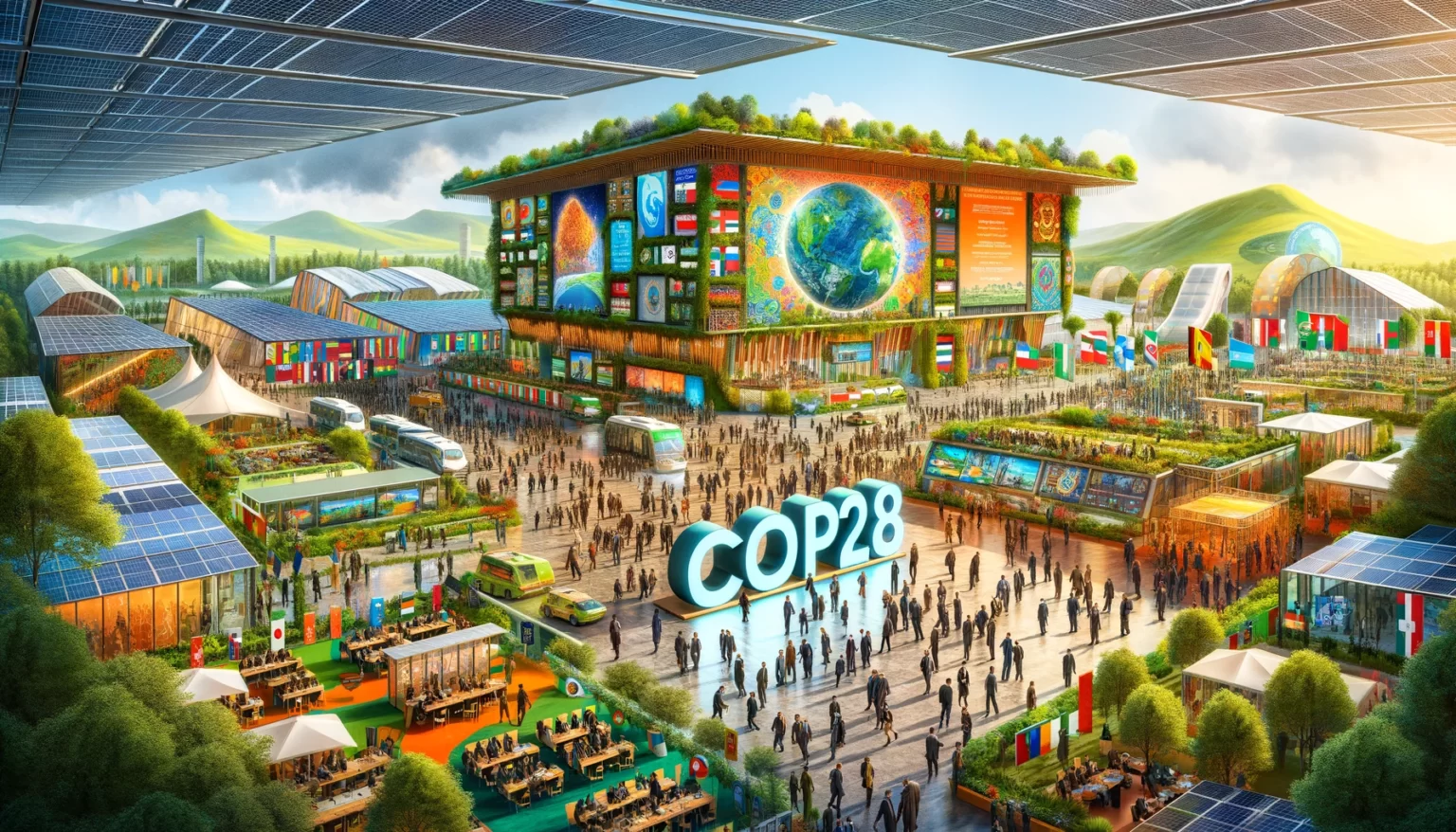Understanding the Global Goal on Adaptation at COP28
COP28, the 28th session of the Conference of the Parties to the United Nations Framework Convention on Climate Change (UNFCCC), is a pivotal event in global climate negotiations. This guide provides an in-depth overview of COP28, focusing on the Global Goal on Adaptation (GGA) and other key aspects.
Historical Background
The Conference of the Parties (COP) is the supreme decision-making body of the UNFCCC. Established following the adoption of the UNFCCC at the Earth Summit in Rio de Janeiro in 1992, COP meetings are held annually to assess progress, negotiate agreements, and make decisions on climate action.
Key Components of COP28
COP28 Registration
Registration for COP28 is crucial for delegates, observers, and media representatives. It ensures organized participation and security at the event. Detailed information about registration can be found on the official COP28 website.
COP28 Full Form
COP28 stands for the 28th Conference of the Parties to the United Nations Framework Convention on Climate Change.
COP28 Theme
The theme for COP28 in 2023 is focused on accelerating global climate action and addressing climate resilience through adaptation strategies.
COP28 Website
https://www.cop28.com/en/
Meetings of the Conference of the Parties
The COP meetings serve two main purposes:
- Reviewing Implementation: Assessing the progress in implementing the UNFCCC, the Kyoto Protocol, and the Paris Agreement.
- Adopting Decisions: Making decisions to further develop and implement these three instruments.
Key Outcomes of COP28 (Dubai, 2023)
Which Country Will Host COP28 Summit?
COP28 will be hosted by the United Arab Emirates (UAE), specifically in Dubai.
What Was Agreed at COP28?
Key agreements at COP28 included:
- Global Stocktake (GST): A comprehensive review of collective progress towards achieving the Paris Agreement goals.
- Loss and Damage Fund: Establishment of a fund to address the losses and damages caused by climate change, particularly in vulnerable developing countries.
- Climate Finance: Commitment to enhance climate finance to support adaptation and mitigation efforts.
What Was the Outcome of COP28?
The outcomes of COP28 were significant:
- Global Goal on Adaptation (GGA Framework): A framework to enhance adaptive capacity, strengthen resilience, and reduce vulnerability to climate change.
- Global Cooling Pledge: Commitment by nations to significantly reduce cooling-related emissions by 2050.
- Powering Past Coal Alliance (PPCA): An initiative to phase out unabated coal power and transition to cleaner energy sources.
- Nuclear Energy: A commitment to triple the global nuclear energy capacity by 2050 to reduce greenhouse gas emissions.
Global Goal on Adaptation (GGA Framework)
Alignment with Global Agreements
The GGA framework aligns with the objectives of the Paris Agreement, emphasizing the need for global adaptation efforts. It reflects a consensus on adaptation targets and the necessity of finance, technology, and capacity-building support.
Climate Finance
Climate finance is critical for implementing the GGA framework. Despite the commitment of $100 billion annually by developed countries, this goal remains unmet, affecting the ability of developing countries to adapt to climate impacts.
Current Unmet $100 Billion Goal
The failure to meet the $100 billion climate finance goal has significant implications for developing countries. It hampers their ability to implement effective adaptation measures and increases their vulnerability to climate change.
Other Key Initiatives and Agreements
Loss and Damage (L&D) Fund
The L&D Fund aims to support countries that are severely impacted by climate change. It focuses on addressing the immediate and long-term consequences of climate-induced losses and damages.
Global Cooling Pledge
The Global Cooling Pledge is an initiative to reduce emissions from cooling systems, such as air conditioners and refrigerators. The goal is to achieve a 68% reduction in cooling-related emissions by 2050.
Nuclear Energy
As part of the efforts to reduce carbon emissions, COP28 emphasized the role of nuclear energy. The agreement includes a target to triple the global nuclear energy capacity by 2050.
Powering Past Coal Alliance (PPCA)
PPCA is a coalition that aims to phase out unabated coal power. This initiative is crucial for reducing carbon emissions and transitioning to sustainable energy sources.
Initiatives by India at COP28
India has been proactive in its climate initiatives, focusing on renewable energy expansion, sustainable development, and climate resilience. Key initiatives include:
- Green Credit Initiative: Encouraging voluntary actions for environmental sustainability.
- Global River Cities Alliance (GRCA): Promoting sustainable development around rivers.
COP28 Agenda
The agenda for COP28 includes discussions on the Global Stocktake, climate finance, adaptation strategies, and various initiatives to mitigate climate change impacts. Key sessions will focus on implementing the Paris Agreement and enhancing global climate action.
FAQ
COP29 Will Be Held in Which Country?
COP29 will be hosted by Brazil.
What Does COP28 Stand For?
COP28 stands for the 28th Conference of the Parties to the United Nations Framework Convention on Climate Change.
What Was the Outcome of COP28?
The key outcomes of COP28 included the establishment of the Loss and Damage Fund, the Global Goal on Adaptation framework, the Global Cooling Pledge, commitments to nuclear energy expansion, and the Powering Past Coal Alliance.
What Was Agreed at COP28?
Agreements at COP28 focused on enhancing global adaptation efforts, establishing the Loss and Damage Fund, meeting climate finance goals, and reducing emissions through various pledges and alliances.
Conclusion
COP28 in Dubai marked a significant step forward in global climate action. The agreements and initiatives established during this conference aim to enhance global resilience, reduce emissions, and support vulnerable countries in adapting to climate impacts. Understanding these outcomes helps in appreciating the global efforts towards a sustainable and resilient future.
